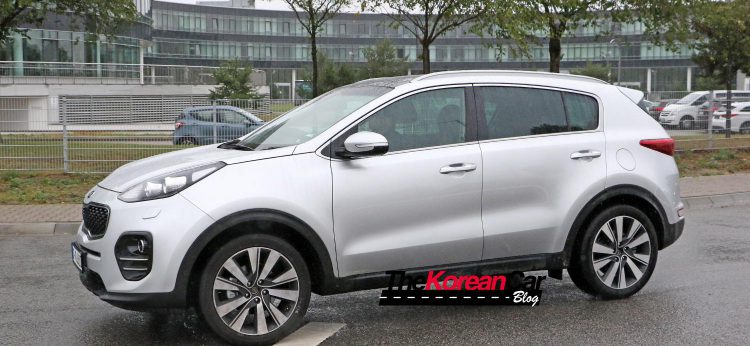That twelve cent gas tax hike? Not enough to fix California’s roads, group says
A freshly passed transportation funding bill that raises California’s gasoline tax by twelve cents a gallon isn’t a long-term fix for the state’s crumbling roads, according to a report released Monday, April 24, by a nonprofit, nonpartisan think tank.
Better fuel economy and the growing number of electrical, hybrid and zero-emission vehicles make the gas tax an outmoded, unreliable funding source for transportation, states the report, “Beyond the Gas Tax: Funding California Transportation in the 21st Century,” put out by Next ten in conjunction with Beacon Economics.
That’s despite the tax increases called for the transportation bill, SB 1.
Related Articles
“SB one may prove to be a makeshift solution to a growing and permanent problem,” Adam Fowler of Beacon Economics said in a news release.
The Legislature passed SB 1, or the Road Repair and Accountability Act of 2017, in early April. SB one would raise $52.Four billion over ten years for road repairs and other transportation projects by enlargening the gas tax, which would be adjusted anually for inflation.
Prior to SB 1, the state’s gas excise tax had not been raised in toughly twenty years. SB 1’s backers said inflation has eroded the tax’s capability to fix roads.
SB one also raises diesel taxes and imposes fresh annual fees on vehicles. Gov. Jerry Brown, who championed the bill, is expected to sign it soon.
The number of miles Californians drive has risen as gas consumption has plummeted. (STAFF GRAPHIC)
In a telephone interview, SB 1’s author, State Sen. Jim Beall, D-San Jose, said the bill “is designed to reduce the one-time cost of the road repair backlog at the state and local level.”
“It’s kind of like your mortgage,” he said. “Once you pay it off, your costs are lower.”
Chris Lee, a legislative analyst with the California State Association of Counties, said SB one is meant to be a bridge to a long-term funding system to maintain California’s roads. In the meantime, it addresses the road repair backlog that’s built up now.
Through the fresh annual fees on vehicles, SB one will raise money for transportation in a way that’s not linked to fuel prices, he added.
While calling SB one a good commence, $52.Four billion “falls brief of current $137 billion deferred maintenance deficit that has not been addressed,” Next ten said.
And that deficit may proceed to grow, the group said.
“Inflation adjusted fuel-tax revenue declined twenty percent from two thousand ten to 2015, despite the fact that Californians have been driving more every year, logging a record three hundred thirty five billion vehicle-miles traveled last year.”
The drop in gas-tax revenue coincides with improvements in fuel economy and the rising popularity of zero-emission vehicles, the report found. Light-duty vehicles improved their fuel efficiency by 27.Four percent in the past decade and 258,000 of the 530,000 zero-emission vehicles sold in the U.S. in two thousand sixteen were bought in California, the report said.
While Californians are driving more than ever, they’re not buying as much gas. The average amount of fuel sold per day in two thousand fifteen was half as much as it was in 2002, according to the report.
If the state meets its two thousand twenty five objective of putting 1.Five million zero-emission vehicles on the road, it would cost $572 million in state gas-tax revenue and $276 million in federal gas-tax revenue, the report found.
California’s roads are in bad form. Sixty-eight percent are in poor or mediocre condition compared to the nationwide average of 24.Four percent, and most state roads have reached or exceeded their useful life, the report read.
The report suggests taxing drivers based on the number of miles driven and building toll roads funded through public-private partnerships.
While privately funded projects save taxpayers money, the kind of low-risk, high-profit projects preferred by the private sector may not match up with all transportation needs and the use of toll roads tends to suffer when the economy slows, the report read.
The road-usage, or miles-driven tax, presents a thorny dilemma — how to measure the number of miles traveled without violating the driver’s privacy.
“People have gotten used to the idea that, for example, their smart-phone apps share location information with unseen companies large and puny,” Next Ten’s founder, venture capitalist F. Noel Perry, said in a news release.”But letting the government know how far you’ve traveled is a different matter for many.”
A state pilot program to gauge the feasibility of a miles-driven tax ended March 31. It went very well, said Curtis Vandermolen, deputy director of the California Transportation Commission.
“The more people participated in it, the better it got for them,” he said.
Next Ten, a nonpartisan organization, has come out with a report urging a long-term solution for the state’s transportation infrastructure.
